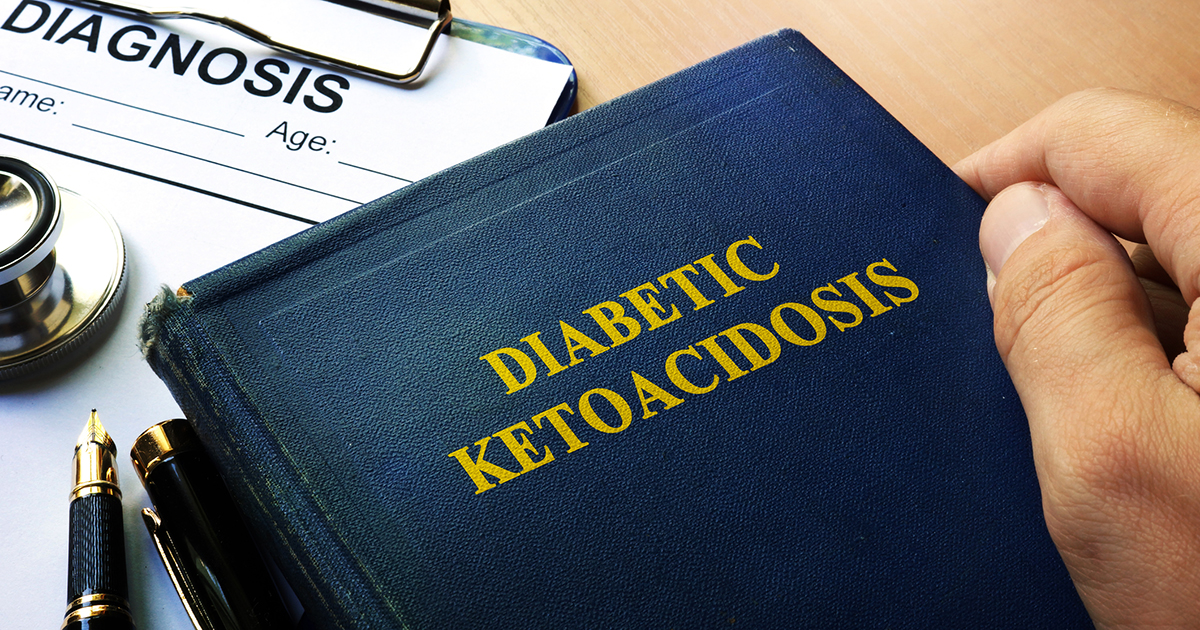What Is Halitosis?
Preventing Halitosis And Bad Breath

A simple change in diet can also help to eliminate debris that creates dental problems. Sticky and sugary sweets can promote tooth decay and bad breath and eliminating them will assist in managing oral odor issues. Crisp and raw fruits and vegetables can aid in saliva production, and parsley or mint can facilitate fresh breath as well. Eucalyptus, wintergreen, peppermint, and other natural oils can be effective in staving off bad breath even better than mouthwash, as the oils typically last for extended periods where washes tend to fade quickly.
Continue to reveal what can occur if halitosis goes untreated next.
Complications Linked to Bad Breath

There are several health issues that can occur as a result of untreated halitosis. In addition to the oral health problems an individual with halitosis can experience, complications linked to bad breath can sometimes be life-threatening, especially if they are left untreated. Beyond being unpleasant and potentially having an impact on the patient's self-esteem and popularity in social circles, halitosis can lead to diabetic ketoacidosis, in which ketones cannot be metabolized and thus build up to toxic levels in the blood. This is usually made evident by the appearance of sweet-smelling breath and should trigger immediate medical attention. Likewise, untreated gastroesophageal reflux disease can lead to cancer and thus should be monitored carefully.
